According to The Veterinary Cancer Society, cancer is the leading cause of death in 47% of dogs and 32% of cats. The disease occurs when body cells replicate at an abnormally quick and erratic rate and form a mass known as a tumor. Burr Ridge Veterinary Clinic is honored to participate in the Morris Animal Foundation’s Golden Retriever Lifetime Study (GRLS), to help identify the nutritional, environmental, lifestyle and genetic risk factors for cancer and other major diseases in dogs. The Study’s endpoint will occur when 500 diagnoses of four types of cancers common in golden retrievers – lymphoma, osteosarcoma, hemangiosarcoma and mast cell tumors – which will lead to a greater understanding of risk factors for those cancers.
It’s been nine years since the GRLS began collecting data about and samples from what grew to be 3,000 golden retrievers when the Study was fully enrolled in 2015. The Study is the most extensive canine health investigation ever undertaken in veterinary medicine and will help scientists learn more about what may cause cancer in not only golden retrievers but other breeds as well. Each participating golden is examined nose to tail annually by a Study veterinarian and sample retrieval includes the collection of blood, urine, stool, and hair and nail clippings. Every participating dog’s owner completes a lengthy yearly survey that asks questions about their dog’s spay or neuter status, food and treats fed, activity level, and exposure to internal and external cleaning products, chemicals, and outdoor lawn products.
When a participant dog passes, information about any related medical conditions and cause of death are reported as well. With nine years of data, the GRLS has begun to collect and analyze data received about cancer diagnoses, treatment, and outcomes. As of last year, approximately 120 Study participants had passed away after being diagnosed with cancer, and – when possible – cancerous tumor cells were collected and submitted for further examination. Definitive information about potential causes of cancer in goldens will take several more years of data collection and analysis.
In the meantime, last year the Study began recruiting and enrolling goldens over 12 years of age to participate as control subjects in a secondary research project. These are dogs (who are older than those enrolled in the original Study) who have lived to an old age without a cancer diagnosis. Control group participant dogs will have a blood sample drawn by their family vet for DNA extraction and their DNA will be compared to DNA from Study dogs diagnosed with cancer. This comparison will help determine if there are similarities or differences that might explain why some dogs get cancer and others don’t. Once a control group is established, scientists can start analyzing Study cancer samples to provide veterinarians, dog owners and researchers faster results.
BRVC is honored to participate in the Golden Retriever Lifetime Study with Dr. Jeffrey D. Palmer, DVM serving as a GRLS veterinarian for three enrolled golden retrievers. We look forward to sharing more Study results as they become available. If you’d like more information or have questions about the Golden Retriever Lifetime Study, please call us at (630)598-0600.
